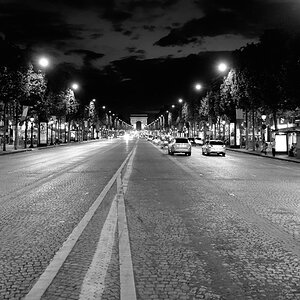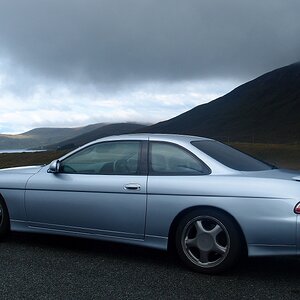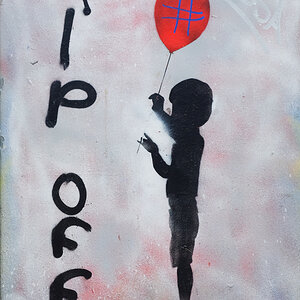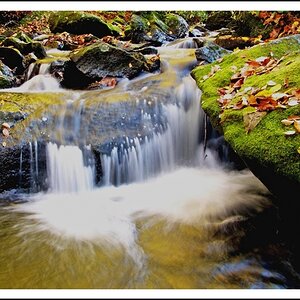NGH
No longer a newbie, moving up!
- Joined
- Sep 13, 2019
- Messages
- 199
- Reaction score
- 204
- Location
- California
- Website
- www.carrotroom.com
- Can others edit my Photos
- Photos NOT OK to edit
In a BBC article Grandmother ordered to delete Facebook photos a court has ruled that under privacy rules a Grandmother must take down and pay a fine for using pictures of her grandchildren (after a falling out with the kids mother). Reason being "posting photographs on social media made them available to a wider audience, the ruling said"
But in another article Ex-McDonalds Worker Gets Getty to Stop Selling Photo of Her Used in Negative Articles a woman who is the subject of a photo on Getty has struggled to stop its use (in generally negative contexts) because it "was being used in editorial coverage, not for commercial purposes
How do these two rulings not conflict?
But in another article Ex-McDonalds Worker Gets Getty to Stop Selling Photo of Her Used in Negative Articles a woman who is the subject of a photo on Getty has struggled to stop its use (in generally negative contexts) because it "was being used in editorial coverage, not for commercial purposes
How do these two rulings not conflict?












![[No title]](/data/xfmg/thumbnail/41/41889-81d59d4994c91e71aaf805b05b133966.jpg?1619739933)